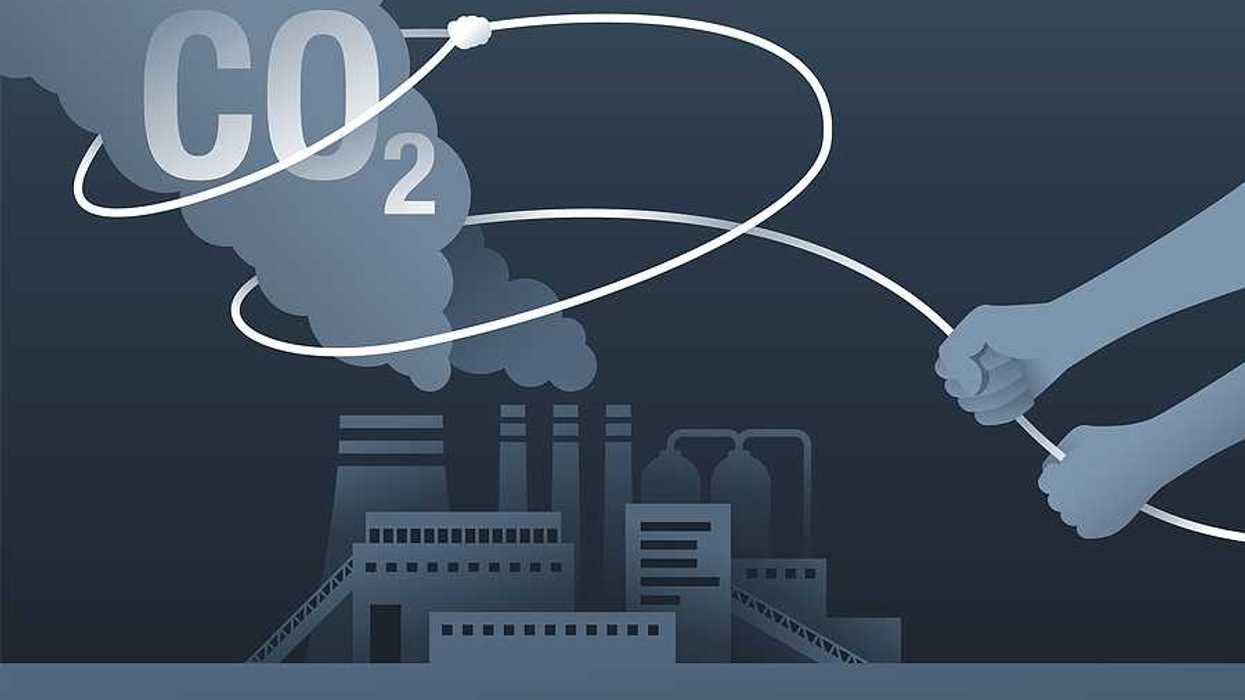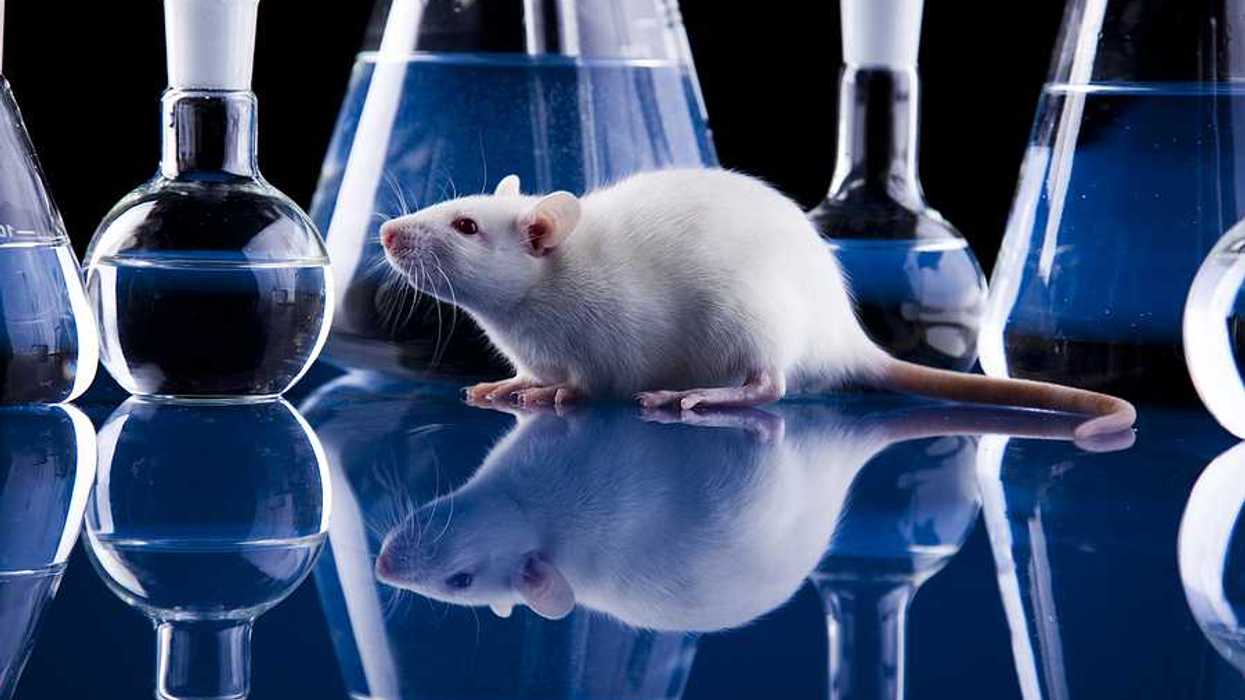Exposure to nitrogen dioxide and fine particulate matter in the month before birth significantly raises the likelihood of newborns being admitted to neonatal intensive care units, according to a new U.S.-based study.
Pamela Ferdinand reports for U.S. Right to Know.
In short:
- The study of 3.6 million U.S. births found that nitrogen dioxide exposure increased NICU admissions by 30-35%, while fine particulate matter raised the risk by 11-22%.
- Researchers linked air pollution exposure in late pregnancy to complications like preterm birth, gestational diabetes and hypertensive disorders, which often require NICU care.
- Seasonal and regional variations in pollution risk were noted, with higher impacts in areas like the Midwest and Northeast.
Key quote:
“Despite the relatively low-moderate US exposure levels, traffic-related pollutants near the end of pregnancy appear to increase overall adverse health risks for newborns.”
— Study authors
Why this matters:
Air pollution's effects on newborn health contribute to increased NICU admissions, placing strain on healthcare systems and families. Reducing prenatal exposure could improve outcomes for mothers and infants while addressing a preventable public health issue.
Related EHN coverage:














